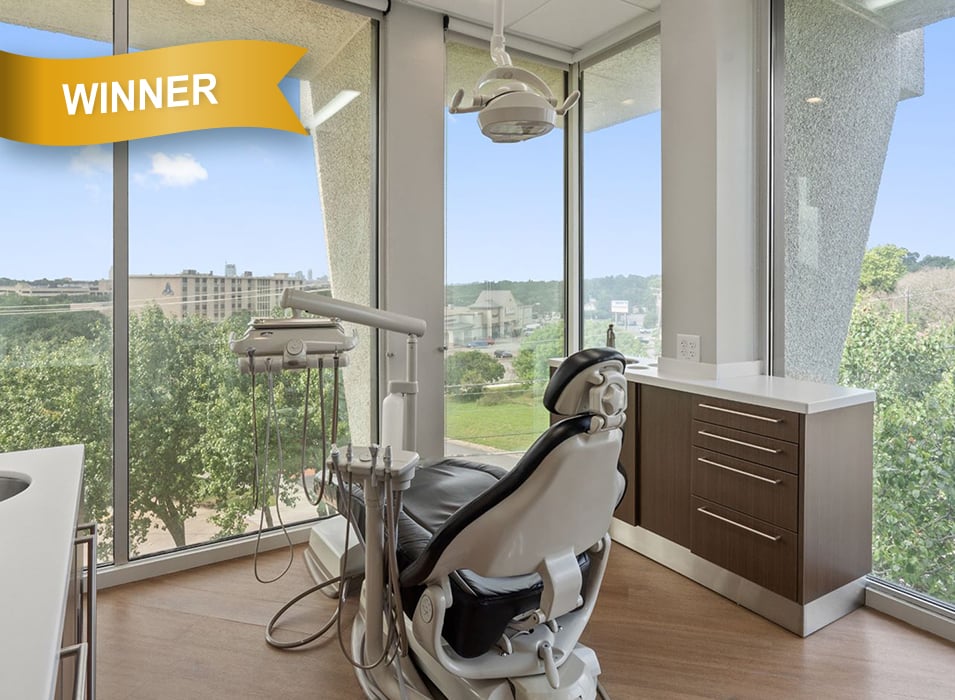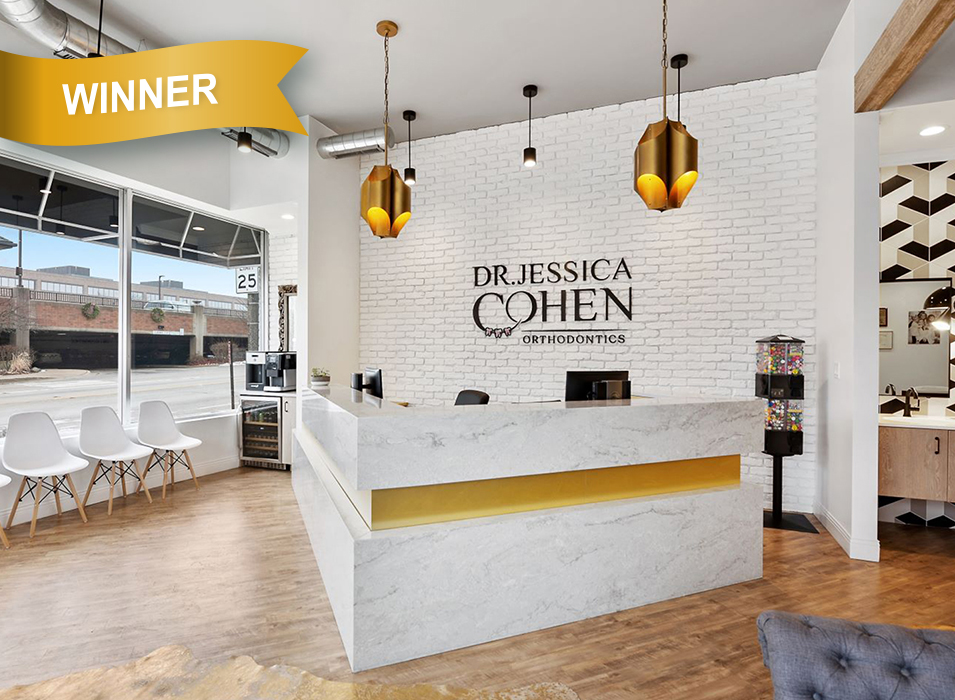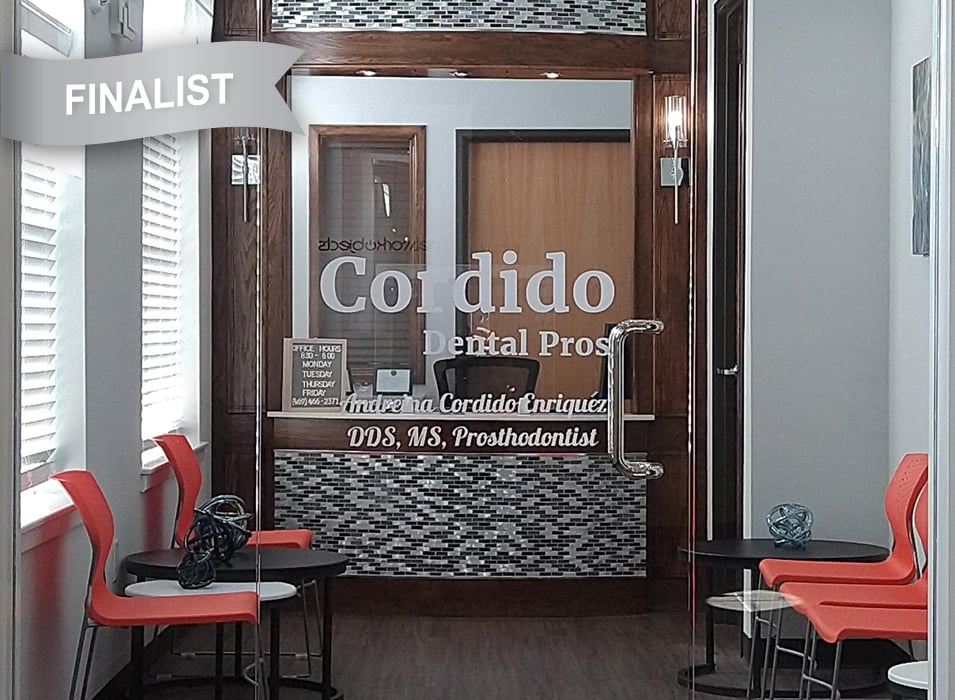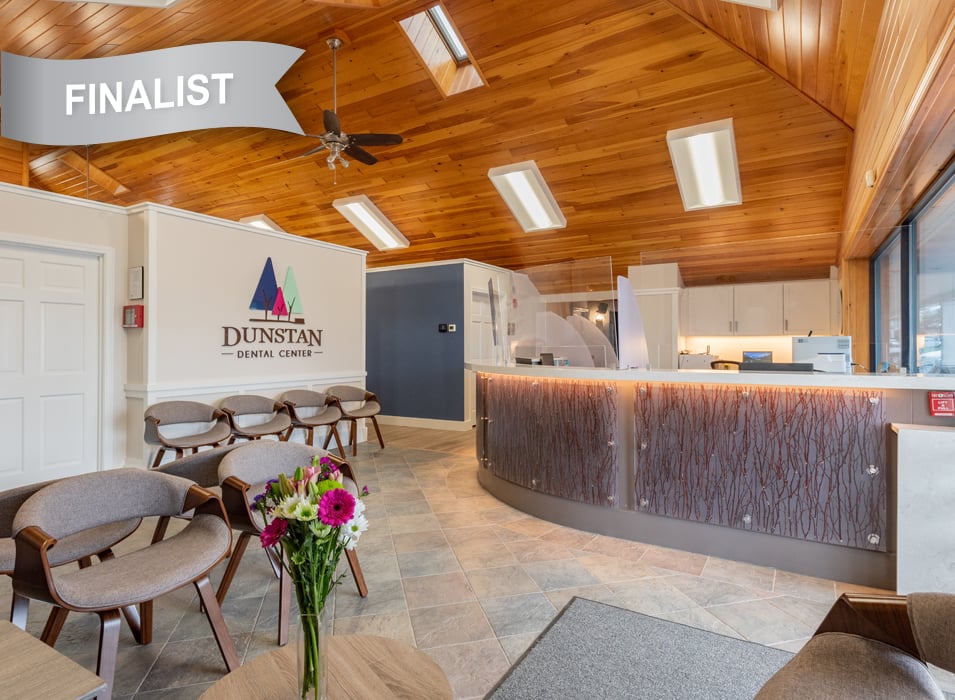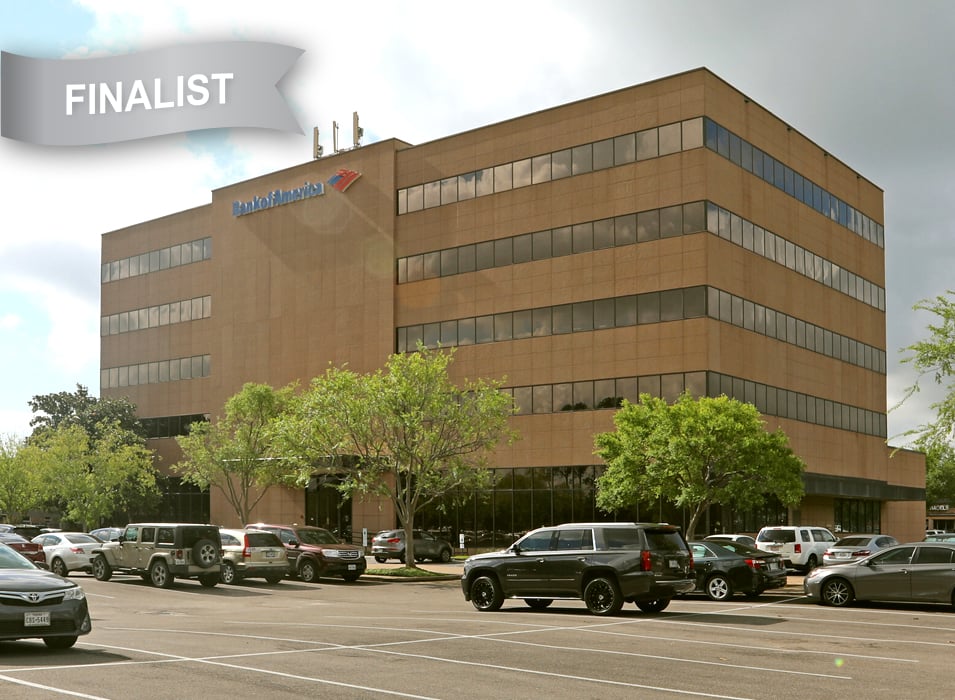Financing your dental practice renovation
By: Michael Jerkins, M.D., M.Ed, president and co-founder of Panacea Financial

Michael Jerkins
M.D., M.Ed
About Michael
Michael is the president and co-founder of Panacea Financial and is also a practicing physician in Little Rock, Arkansas. After earning his BBA in economics he deferred his medical school acceptance to teach middle school science in the Phoenix area while also earning his master’s in education from Arizona State University. He then completed medical school at the University of Tennessee Health Science Center before finishing his residency at University of Cincinnati Medical Center and Cincinnati Children’s Hospital. With a faculty position and board certifications in both internal medicine and pediatrics, Michael is able to treat patients of all ages and teach medical trainees in both inpatient and outpatient settings.Panacea Financial is endorsed by ADA Member advantage as the practice financing solution recommended for ADA members. Michael is the president and co-founder of Panacea Financial and is also a practicing physician in Little Rock, Arkansas. After earning his BBA in economics he deferred his medical school acceptance to teach middle school science in the Phoenix area while also earning his master’s in education from Arizona State University. He then completed medical school at the University of Tennessee Health Science Center before finishing his residency at University of Cincinnati Medical Center and Cincinnati Children’s Hospital. With a faculty position and board certifications in both internal medicine and pediatrics, Michael is able to treat patients of all ages and teach medical trainees in both inpatient and outpatient settings.
Panacea Financial is endorsed by ADA Member advantage as the practice financing solution recommended for ADA members.
Are you considering updating or upgrading your dental office?
Whether ready to renovate your existing practice or planning to purchase an outdated practice that needs improvements, renovating a dental practice can be a significant undertaking that can enhance your functionality, aesthetics and overall patient experience.
When updating equipment, expanding your space or modernizing interior design, proper financing can ensure your project runs efficiently and effectively. Here’s what you need to know about financing a dental practice renovation.
Find a lender and assess the cost of renovation
As you start the renovation process, begin by creating a renovation plan and budget so you know what you need to fund the project and securing financing, so you know how you will pay for the updates. This should initially involve:
- Find trusted partners to help you with the initial planning. This should include your CPA, a design/construction vendor and a lender to help with pre-qualification.
- Detailed planning of what areas need to be renovated and what specific things are being updated.
- Cost estimation can then be derived based on professional input based on the upgrades or changes you are going to make, including quotes from contractors and equipment supplies. Include costs for design, construction, permits and potential downtime.
What can impact the cost of a dental practice renovation?
A number of factors can influence the final cost of your renovation. Here are some you may include in your cost estimation:
Size and scope of renovation
The total area to be remodeled and the extent of the changes will impact your bottom line. Refreshing paint, updating fixtures and purchasing new furniture will be less expensive than making layout changes or adding new equipment.
Materials and finishes
This includes quality and type of materials chosen for flooring, cabinetry, countertops and other fixtures. Despite increased cost, higher quality materials could mean more durability and minimize a need for more frequent replacement.
Equipment
Choosing to upgrade or add new equipment during a renovation could significantly increase costs. However, new equipment can help your dental practice stand out from competition, attract new patients and staff, and may create another revenue source, so it may be worth it.
Building codes and inspections
As a health care provider, it is important to ensure the remodel meets health, safety, and accessibility codes, which can increase the cost. Working with a team of dental-specific professionals can make the regulatory process a little easier as they have experience meeting the necessary codes and standards.
Design and planning
Working with experienced architects, designers, project managers, contractors, and more can add additional costs to your total. Dental-specific experts can help you avoid costly mistakes that could delay your project or add unexpected costs.
Location
Cost of labor and materials can vary by location. Urban locations may have higher costs than suburban or rural areas.
Impact to the business
If you are considering a remodel for an existing practice, be sure to factor in whether the business needs to close for a time period to complete renovations. If so, add in lost revenue to your overall cost estimate.
Explore your financing options
There are several financing options for dental practice renovations. If you own your practice’s real estate, you can also leverage that asset for construction and other financing needs. Let’s take a look at the pros and cons of each option.
Cash
Paying for your dental practice renovation with cash can be the easiest and most straightforward financing option if you have the cash on hand.
Pros
- No debt or interest.
- No need to deal with loan applications, approvals, etc.
Cons
- Reduced liquidity, which could hinder your ability to cover unexpected costs.
- May be a more limited budget.
Conventional bank loans (with practice-specific lenders)
Banks offer loan products tailored to the needs of business owners.
Pros
- Competitive interest rates
- More favorable terms, rates, and fees, compared to Small Business Association loans.
- Faster approval process.
Cons
- Higher credit requirements, compared to SBA loans.
Small Business Administration loans
SBA loans, like SBA 504 or SBA 7(a) programs, can help dental practice owners renovate their space. SBA loans are disbursed by banks but backed by the U.S. Small Business Administration. These loans may be easier for borrowers to obtain, especially those who may have trouble getting approved for conventional loans due to less favorable credit and other factors, because banks take on less risk due to the government backing.
Pros
- Long repayment terms.
- Easier to get approved for.
Cons
- Rigorous application.
- More fees and potentially higher rates, compared to conventional loans.
Equipment loans
If new equipment is included in your renovation plan, equipment-specific financing may be the right choice for funding your new tools.
Pros
- Uses the equipment as collateral.
- Lower interest rates when financing is done through a dealer or supplier.
- Quicker approval.
Cons
- Can only be used for equipment purchases, other renovation needs will need separate financing. When a bank is financing the construction, they will likely require equipment to also be included.
Business lines of credit
A business line of credit provides flexible access to funds up to a certain limit, which can be used as needed during the renovation process. This option is suitable for managing cash flow and covering unexpected expenses.
Pros
- Good for short-term needs.
- Only charged interest on the amount you borrow.
Cons
- Requires good personal and business credit score.
- Repayment terms can be challenging.
- Not ideal for long-term debt because it does not have amortization.
If you are leasing:
If you are currently leasing your practice, consider renegotiating your lease to include a contribution toward your renovation from your landlord. By investing and improving your practice, you are also increasing the landlord's property value. It’s always wise to see if this is an option for those who do not own their own real estate and can renegotiate lease terms.
Understand loan terms and conditions
As you evaluate financing options, it's important to understand the terms and conditions of each loan. Factors to consider include:
- Interest rates: Fixed vs. variable rates and their impact on overall cost.
- Repayment terms: Length of the loan and the frequency of payments.
- Fees: Origination fees, prepayment penalties, and other associated costs.
- Collateral requirements: What assets, if any, are required to secure the loan.
- Construction draw process and terms: Extra fees, steps to take, inspections, and other requirements
Choose a lender
When evaluating financing for your dental practice renovation, consider more than just the loan interest rate and terms. The relationship you create with your lender and their support and services are important factors to consider. Here are some aspects of your lender to think about:
- What additional services will you get or be charged for if you need them?
- Can the lender support you if you decide to expand or open a second practice later?
- Does the lender have equipment loans for current or future needs?
- What does the lender’s customer service look like? Are you able to get in touch with them quickly should a need arise?
- How does the lender work with you and your construction team during the draw process?
Search for a lender that can support your practice renovation needs today and continue to support you and your practice as your needs change.
Renovating your dental practice
Renovating your dental practice is a strategic investment that can greatly enhance your practice's functionality, aesthetics, and patient experience. Choosing the right financing option for your needs can help make the process a little easier. With the right planning and banking partner, your dental practice can achieve its full potential.
If you are looking for the right financing partner for your renovation, equipment update, or any other practice need, Panacea Financial is ready to help! Accelerate your practice through specialized credit structures, competitive pricing, and experienced advice from the bank built for doctors, by doctors. ADA members receive an exclusive benefit—$0 origination fees on all practice loans. Learn more and apply here.
Panacea Financial is a division of Primis. Member FDIC.

